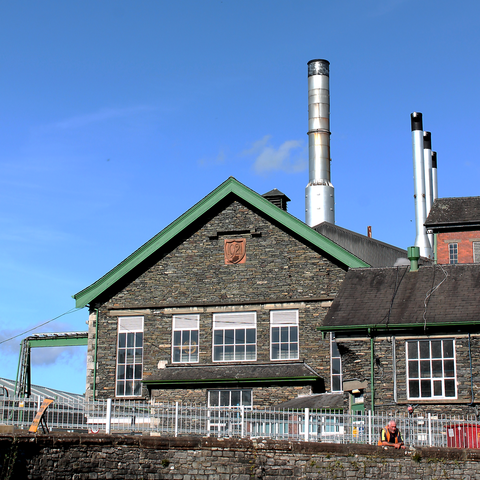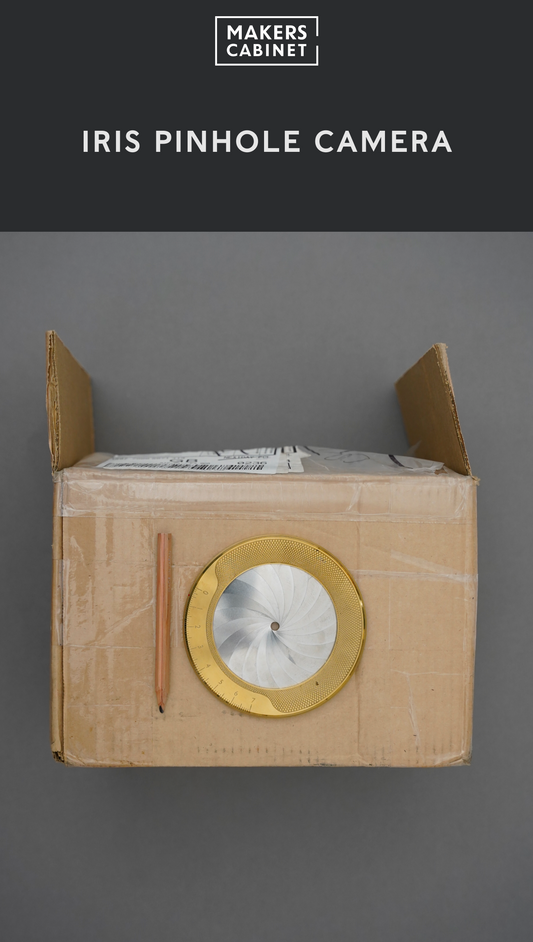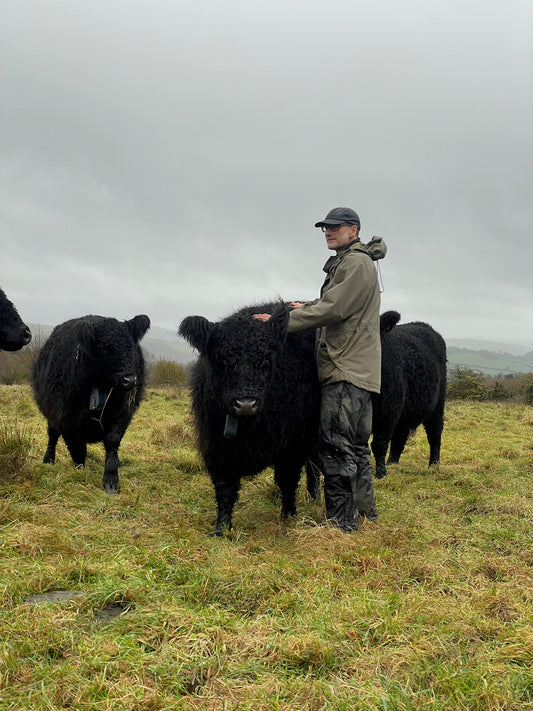
We have collaborated with our friends at Mark+Fold to create the perfect limited edition A5 notebook which is currently available to buy with the Ferrule on Kickstarter. Mark+Fold are experts when it comes to creating exceptionally good quality stationery and getting all the details just right. A London-based stationery studio they create understated, modern stationery with an unwavering commitment to quality and provenance. We've worked closely with them to provide the notebook your Makers Cabinet tools deserve which features a brass foiled half hex on the cover in reverence to the Ferrule's refined form.



Mark+Fold and Makers Cabinet have common values when It comes to modern stationery, going even further than our love for Eric Gill's typeface Gill Sans. Our shared values in quality manufacturing and the continuing importance of materiality in an ever more digital world made it an obvious collaboration which has produced a notebook of exceptional standard. Here at Makers Cabinet we take great joy in working with businesses and makers that are working to support local craftsmanship and source the finest materials.
When all the details are just right, a great notebook has the power to spark creativity and inspire grand plans — a perfect blank canvas. Using exceptionally good paper made in Scotland with thread-sewn sections bound together with cold glue, the book lays flat to 180 degrees. The pages are made from beautifully thick 120gsm paper, with a perfectly smooth surface and excellent opacity. Mark+Fold have spent years researching papers to find the perfect surface for both graphite and ink.




The Cumbrian Paper Mill

All Mark+Fold diaries and notebooks are expertly made in the UK and Europe, using FSC-certified papers.
This means that they are certified by the Forest Stewardship Commission (FSC). The FSC runs a global verification to ensure that: (1) Forests are sustainably managed: for every tree felled, three more trees are planted to ensure the future of the forest, and (2) There is a verifiable chain of custody of all forest products. Our paper mills have a documented record of precisely where their pulp originates, and that it came from a sustainable source.

 Paper mills tend to be sited on a river, as historically the running water would power the mill. Today water still plays an important role in the process, as copious amounts of water are needed to mix the pulp and integrate dies in coloured papers, before they are rolled out into smooth sheets.
Paper mills tend to be sited on a river, as historically the running water would power the mill. Today water still plays an important role in the process, as copious amounts of water are needed to mix the pulp and integrate dies in coloured papers, before they are rolled out into smooth sheets.
The mills we work with are sustainably managed, which means they work closely with the Environment Agency, who check that the water is returned to the river as clean or cleaner than when it left.
At the James Cropper Mill in Cumbria, the water they return to the River Kent is so clean that it has crayfish and fresh-water mussels living it.

Bound in the Turnhout region of Belgium that has specialised in printing and book-binding since the 19th century. School children in the region can specialise in print from the age of twelve, and almost everyone you meet is connected to the industry. The quality of craftsmanship, passed through the generations, results in an outstanding quality of finish.




